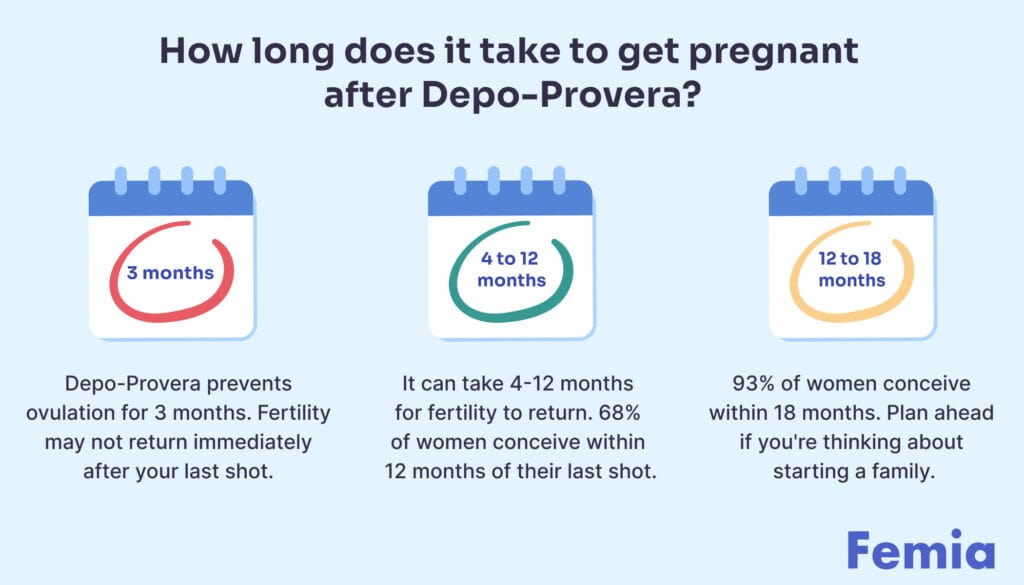How To Increase Libido While On Depo Shot

For countless women, the Depo-Provera shot offers a reliable form of contraception, freeing them from the daily burden of pills or the more permanent commitment of surgical options. However, this freedom sometimes comes at a cost: a significant decrease in libido. This unwelcome side effect can strain relationships, impact self-esteem, and leave individuals feeling disconnected from their bodies.
While Depo-Provera is a highly effective contraceptive, the hormonal changes it induces can profoundly affect sexual desire. This article delves into the complex interplay between Depo-Provera and libido, exploring potential causes, evidence-based strategies, and expert recommendations for women seeking to reclaim their sexual vitality while continuing their chosen method of contraception. We will examine medical options, lifestyle adjustments, and communication strategies, offering a comprehensive guide to navigating this often-frustrating side effect.
Understanding the Link Between Depo-Provera and Libido
Depo-Provera, a brand name for depot medroxyprogesterone acetate (DMPA), works by releasing a synthetic form of progesterone into the body. This hormone suppresses ovulation, preventing pregnancy. The consistent presence of progestin, however, significantly alters the body's natural hormonal balance.
One critical change is the reduction in estrogen and testosterone levels. While estrogen is known for its role in regulating the menstrual cycle, it also plays a crucial part in sexual desire and arousal. Reduced testosterone, even in women, can further dampen libido, impacting energy levels and overall mood.
According to a study published in the Journal of Sexual Medicine, women using hormonal contraceptives, including Depo-Provera, were more likely to report decreased sexual desire than those using non-hormonal methods. This decrease is often linked to the impact on androgen levels, particularly testosterone, which plays a role in sexual motivation and responsiveness.
Medical Interventions and Considerations
For some women, lifestyle adjustments may not be enough to fully restore their libido. In these cases, consulting a healthcare professional is crucial to explore medical options. It’s vital to remember that any medical intervention should be discussed thoroughly with a doctor, considering individual health history and potential risks.
One approach involves discussing alternative contraceptive methods with your doctor. Switching to a non-hormonal option, such as a copper IUD, or a lower-dose hormonal method, may help restore natural hormone levels and improve libido. However, this requires a careful evaluation of other factors, such as menstrual cycle control and individual preferences.
In some cases, hormone replacement therapy (HRT) might be considered. Low-dose testosterone therapy, under strict medical supervision, can potentially address the low testosterone levels caused by Depo-Provera. However, this option carries potential side effects, including acne, hair growth, and mood changes, and is not universally recommended.
Lifestyle Modifications for Boosting Libido
Beyond medical interventions, various lifestyle changes can positively impact libido. These strategies focus on improving overall health, reducing stress, and enhancing intimacy with your partner.
Regular exercise is crucial. Physical activity not only improves overall mood and energy levels but can also boost blood flow to the genitals, enhancing arousal. Aim for at least 30 minutes of moderate-intensity exercise most days of the week.
Stress management is equally important. Chronic stress can significantly lower libido. Practices like yoga, meditation, or spending time in nature can help reduce stress levels and improve overall well-being. Mindfulness techniques can also enhance body awareness and sexual responsiveness.
A healthy diet is essential. Focus on consuming nutrient-rich foods that support hormone balance, such as fruits, vegetables, lean protein, and healthy fats. Avoid processed foods, excessive sugar, and alcohol, which can negatively impact energy levels and hormone production.
The Power of Communication and Intimacy
Open and honest communication with your partner is essential when dealing with decreased libido. Discuss your concerns, feelings, and needs openly. This can help foster understanding and create a supportive environment for exploring solutions together.
Prioritize intimacy and connection. Even if you're not feeling particularly aroused, spending quality time with your partner, engaging in non-sexual touch, and focusing on emotional intimacy can rekindle desire. Explore different forms of physical affection, such as massage or cuddling.
Consider couples therapy. A therapist can provide a safe and supportive space to address relationship challenges and develop strategies for enhancing intimacy and communication. This can be particularly helpful if decreased libido has strained your relationship.
Addressing the Psychological Aspects
Decreased libido can take a toll on self-esteem and body image. It's crucial to address these psychological aspects to regain confidence and feel more connected to your sexuality.
Practice self-care. Engage in activities that make you feel good about yourself. This could include spending time on hobbies, pampering yourself, or pursuing personal goals.
Seek professional support if needed. A therapist or counselor can help you explore your feelings, address any underlying emotional issues, and develop strategies for coping with the psychological impact of decreased libido. Cognitive Behavioral Therapy (CBT) can be effective in addressing negative thoughts and beliefs about sex and sexuality.
Looking Ahead: Research and Future Solutions
Research on the impact of hormonal contraceptives on libido is ongoing. Scientists are continually exploring new ways to mitigate the side effects of Depo-Provera and other hormonal birth control methods. Future research may focus on developing targeted therapies that specifically address hormone imbalances without compromising contraceptive effectiveness.
One promising area of research involves personalized medicine. Tailoring contraceptive methods to individual hormone profiles may help minimize side effects like decreased libido. This approach would involve comprehensive hormone testing and careful consideration of individual risk factors.
Ultimately, managing decreased libido while on Depo-Provera requires a multifaceted approach. By combining medical interventions, lifestyle modifications, open communication, and psychological support, women can reclaim their sexual vitality and enjoy a fulfilling intimate life while continuing their chosen method of contraception. It is a journey, not a destination, and requires patience, self-compassion, and proactive engagement with healthcare providers.

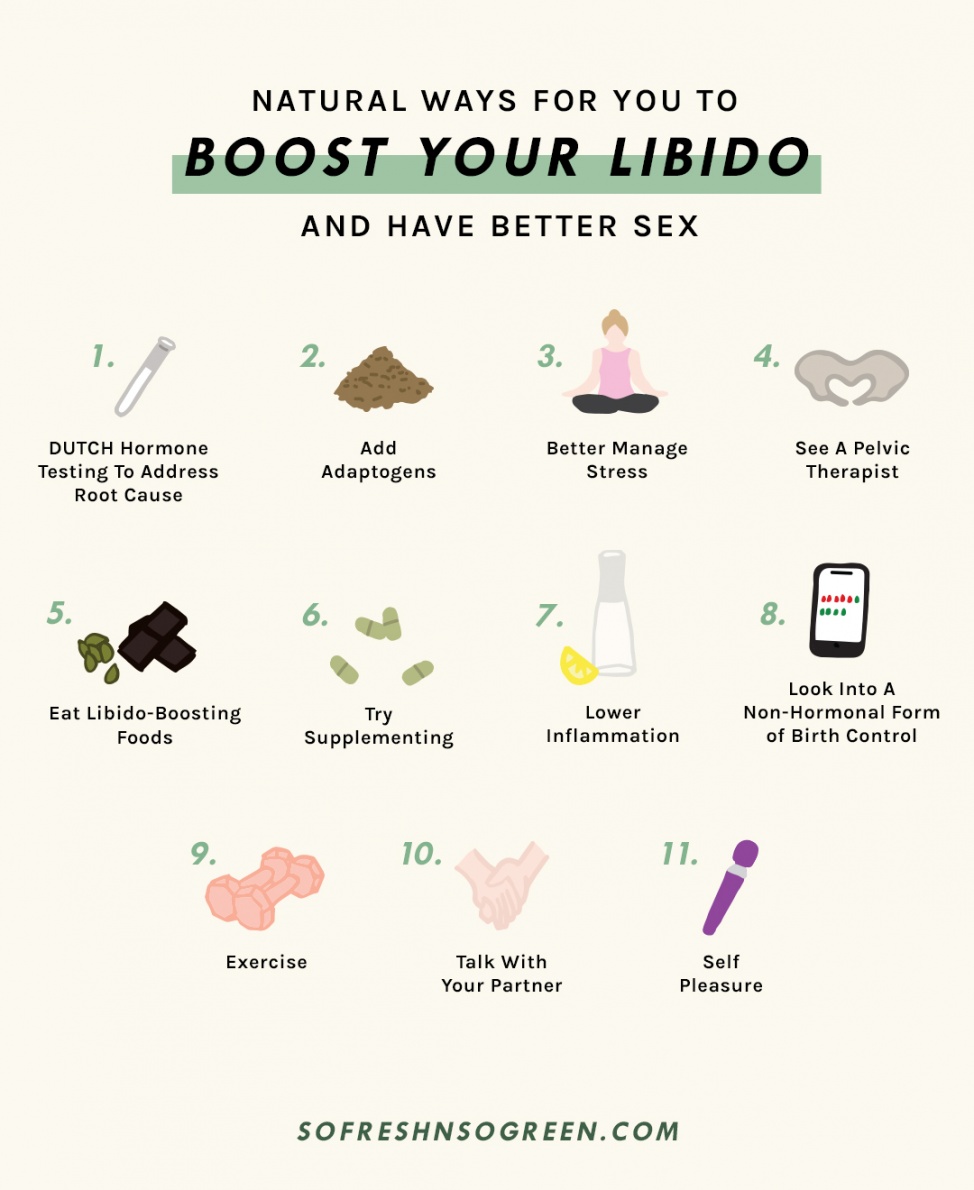

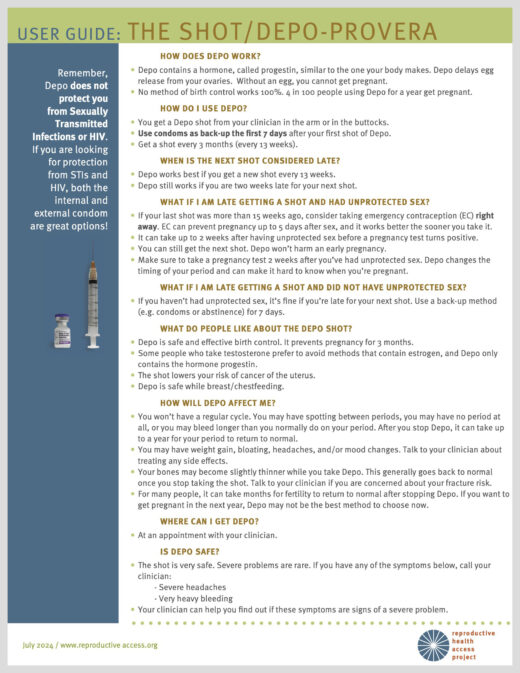
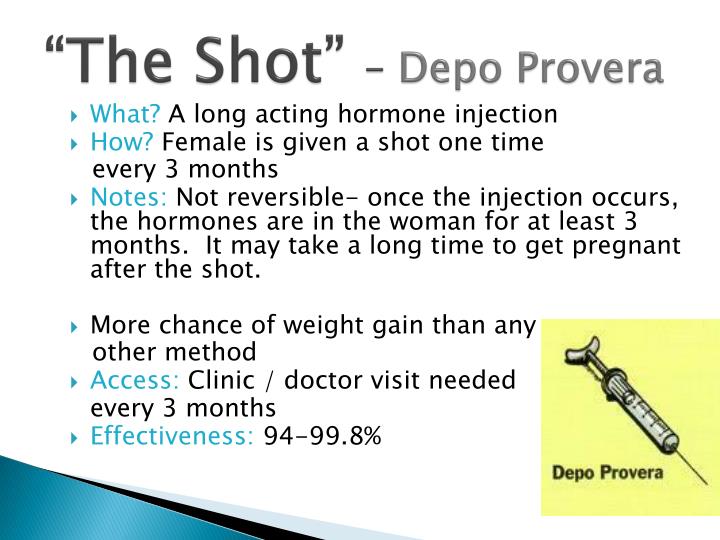


.jpg)
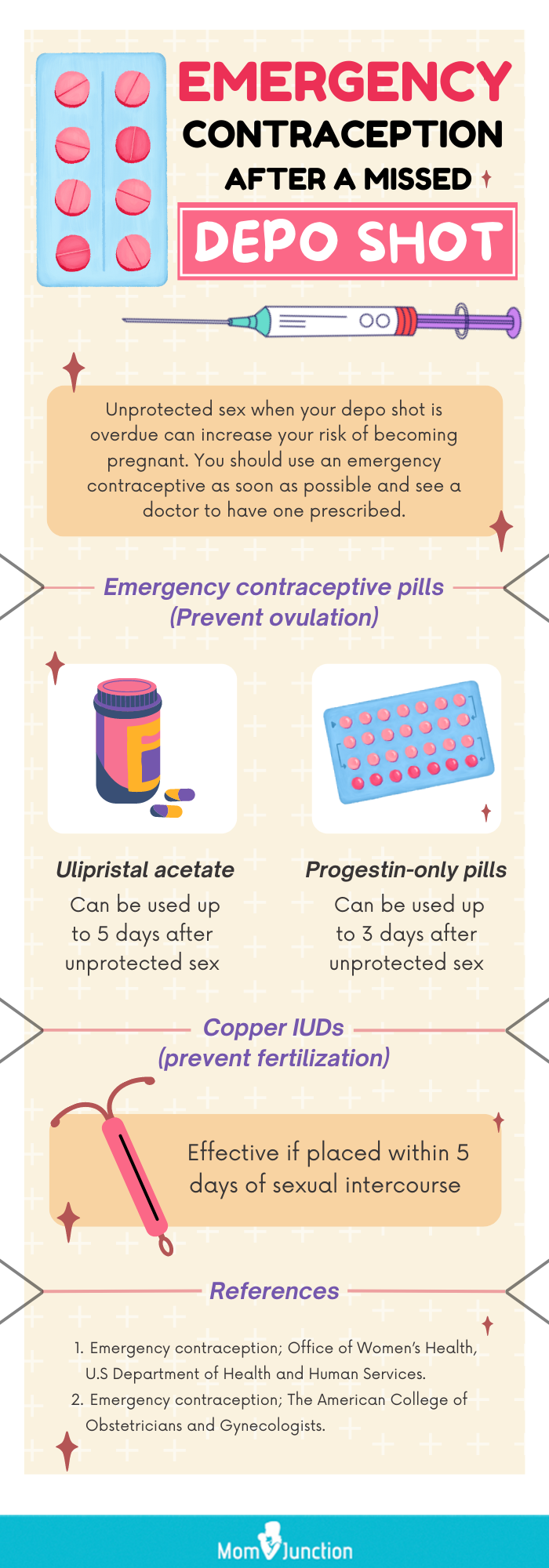

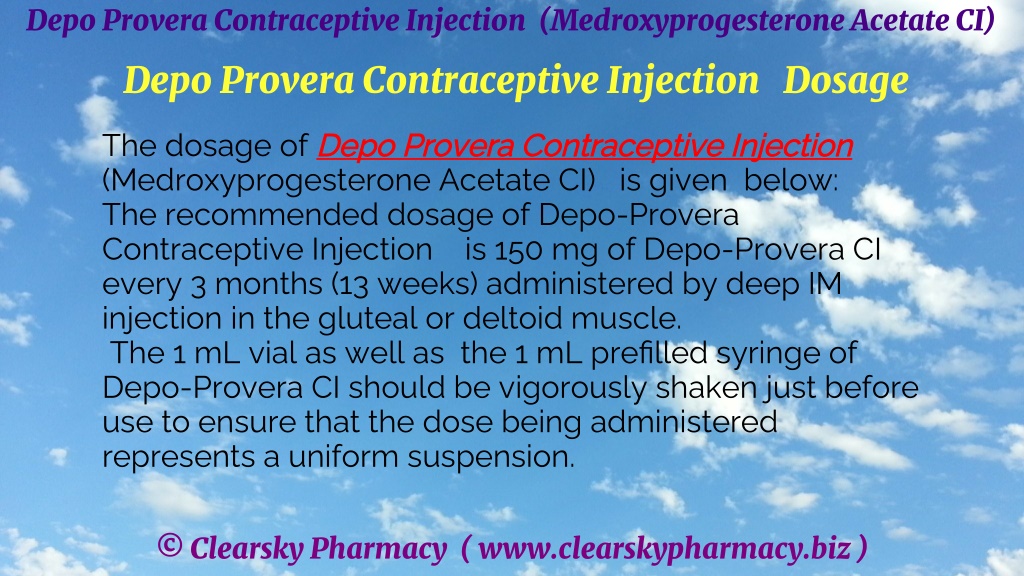
![How To Increase Libido While On Depo Shot Depo-Provera Long-Term Side Effects [2025 Update] | King Law](https://www.robertkinglawfirm.com/wp-content/uploads/2024/10/depo-provera-side-effects-overview.webp)

:+Inhibiting+ovulation..jpg)
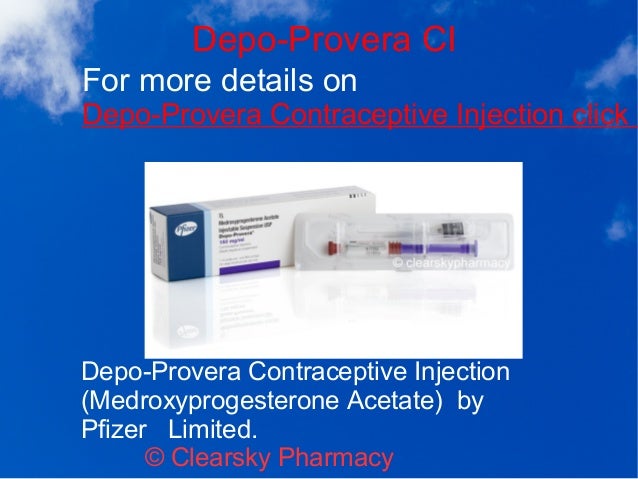
:max_bytes(150000):strip_icc()/depo-56a1c4193df78cf7726dc0e9.jpg)
